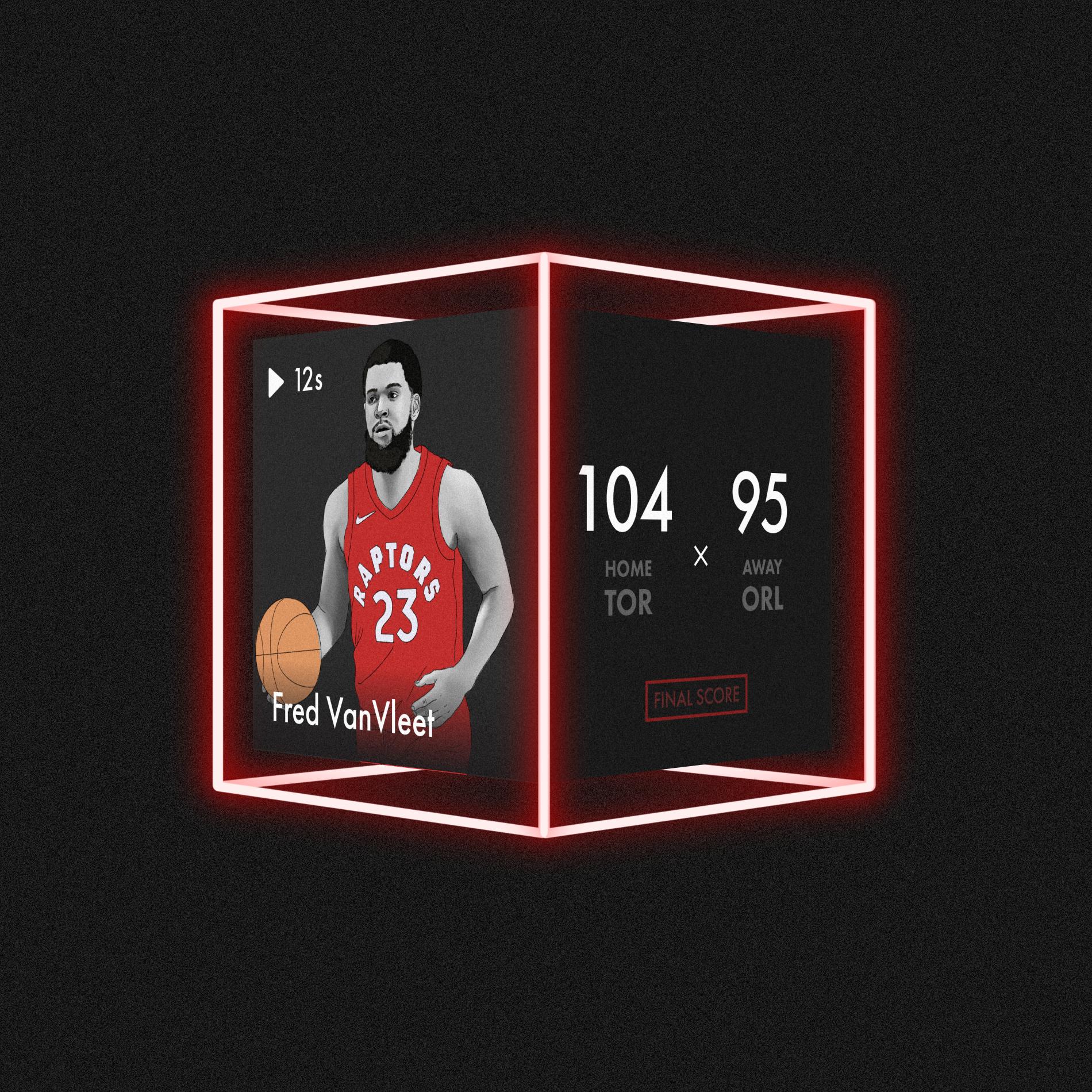
Money & the World
The Loonie Is Weak Against the Greenback. How Bad Is That for Canada?
We looked into why the conversion rate is painful right now, and what average folks can do about it.
Wealthsimple makes powerful financial tools to help you grow and manage your money. Learn more
Have you ordered anything from the States recently? Well, if you have, you likely had a psychically painful experience when you converted USD to CAD and realized that the $15 jar of Sichuan Chili Crisp in your basket cost $20.66 CAD. Since May 2021, the loonie has weakened by 13% against the U.S. dollar. A greenback was worth 1.21 loonies back then; now it’s worth 1.37 loonies. That’s a big deal, even for Canadians who don’t shop for spicy condiments on the internet. More than 50% of our imports come from the U.S., and those imports cost more when the loonie is weak. So what’s going on? And will the USD-to-CAD pain stop anytime soon?
Why is CAD doing bad? We’re going to throw an M. Night Shyamalan twist at you right up top: CAD isn’t doing that bad, relatively speaking. The issue is that the greenback is just extremely strong. Since May 2021, the U.S. dollar has strengthened by almost 16% against a basket of other major currencies, reaching muscular highs it hasn’t hit since the 1980s. So the loonie, down 13%, is actually holding its own.
Why is USD so swole? Demand is always high for the U.S. dollar since it’s the world’s reserve, or default, currency. Roughly half of all global trade is invoiced in USD. But demand spiked over the past few years as the U.S. stock markets outperformed all the rest and investors everywhere wanted a piece of the action. Since March 2020, the S&P 500 has soared by 132% and the tech-heavy Nasdaq has climbed by 150%. And that’s to say nothing of individual gainers like Nvidia, which is up about 2,000% since the outbreak of COVID. Stocks globally have gained a more modest 64% over the same period if you exclude U.S. companies. The U.S. overperformance explains why foreign holdings of American stocks are at an all-time high. What does this have to do with a strong U.S. dollar? All the foreign money flowing into U.S. assets first has to be converted into USD, which spikes demand for the currency.
What does a weaker currency typically mean for a country? On the most basic level, everything you buy from abroad is more expensive — Sichuan Chili Crisp, cars, iPhones, whatever. Travelling abroad also costs more. And all the above is unpleasant for consumers. Longer term, a weak currency can spur foreign companies to set up shop in your country, since workers are less expensive than talent elsewhere. That’s one reason China kept its currency weak for decades. The loonie would probably have to weaken significantly to spur a major Canadian hiring boom (and that weakening would have lots of bad effects), but there’s already some evidence of Swedish, Australian, and Singaporean companies hiring remote Canadian workers over pricier U.S. ones.
So what happens next? And is there anything Canadians can do about it? Predicting the future is always tough. USD could strengthen further against CAD if the Canadian economy continues to weaken faster than the U.S.’s or if U.S. tech stocks attract more and more investment. On the flip side, the U.S. dollar could weaken if the tech rally gets overextended and reverses or if the U.S. economy slows down, and there are signs of that happening.
But investors always have a way to hedge against one economy or currency doing better or worse, and that’s by diversifying, aka holding a varied basket of assets. Most Canadians have home-country bias, meaning their portfolios are overly weighted toward Canadian assets. The average Canadian has an equity portfolio that’s composed of 52% Canadian stocks, which is a lot considering that Canada makes up only 3% of the global equity market. And if you look at the typical Canadian’s entire portfolio — so, stocks plus cash, bonds, real estate, etc. — 90% of it tends to be tied to Canada. Which is very concentrated! Vanguard suggests that Canadians should hold 30% domestic stocks and 70% foreign stocks; having foreign bonds and cash ain’t a bad idea, either. And investing in foreign assets, like American ones, will require you to — and you can probably guess where this sentence is going — convert your loonies into greenbacks.
Claire Porter Robbins is a freelance journalist. She founded Btchcoin News, a financial and economics newsletter, and has written for a variety of publications including The Atlantic, the New Yorker, and The Globe and Mail.
The content on this site is produced by Wealthsimple Media Inc. and is for informational purposes only. The content is not intended to be investment advice or any other kind of professional advice. Before taking any action based on this content you should consult a professional. We do not endorse any third parties referenced on this site. When you invest, your money is at risk and it is possible that you may lose some or all of your investment. Past performance is not a guarantee of future results. Historical returns, hypothetical returns, expected returns and images included in this content are for illustrative purposes only.





